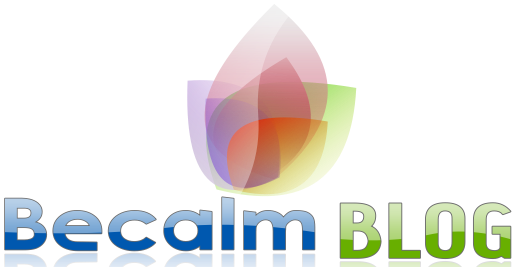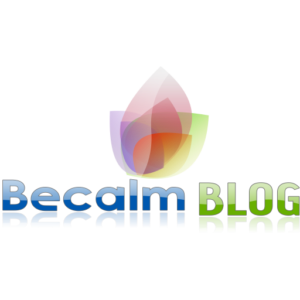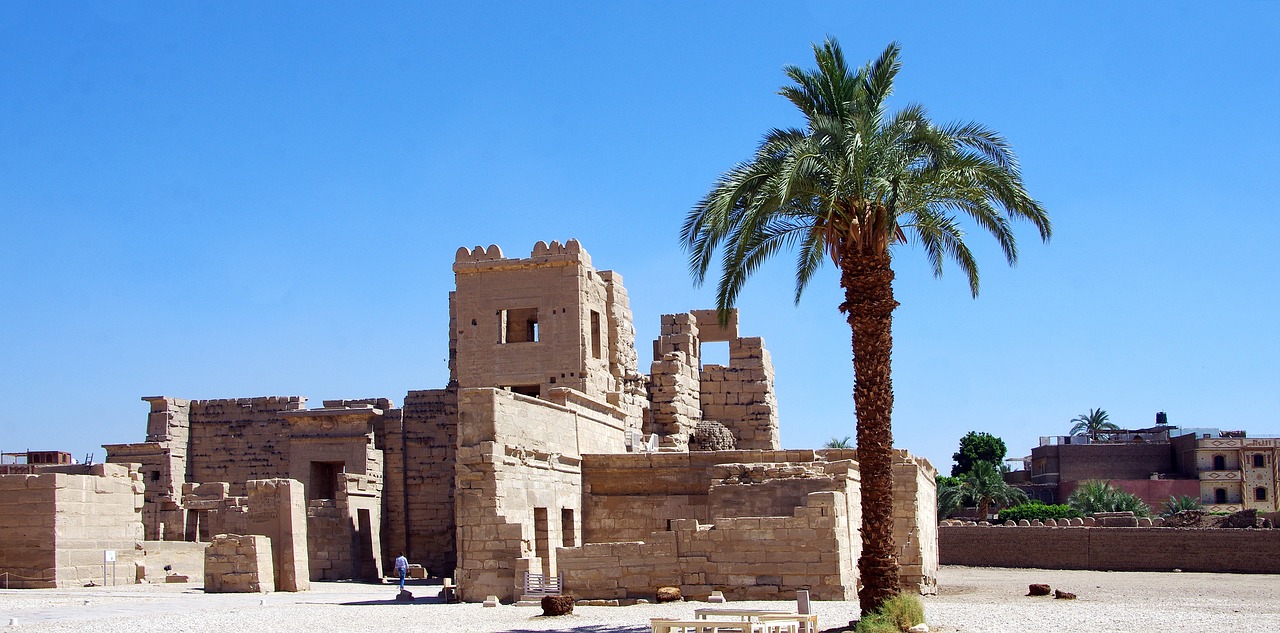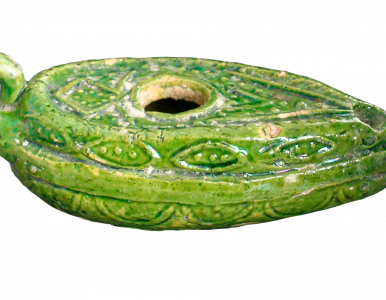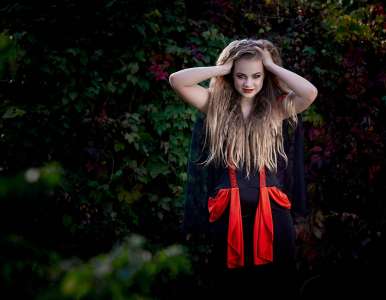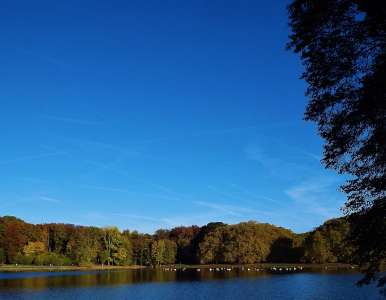Morocco is a country that has been captivating people for centuries. Located in the northwestern part of Africa, it boasts a rich history and diverse culture that has been shaped by a variety of cultural influences. From the bustling souks and ancient cities to the stunning natural scenery and beautiful architecture, there is no shortage of things to see and do in Morocco.
In this article, we will delve into the fascinating history, culture, landmarks, and traditions of this North African nation. Whether you are planning to visit Morocco or simply want to learn more about this fascinating country, this article will serve as your ultimate guide.
If you are planning to visit Morocco or just want to learn more about this North African nation, this article is a perfect guide for you.
If you’re planning to visit Morocco, prepare to embark on a unique adventure filled with vibrant culture, delicious cuisine, and breathtaking scenery. This North African nation has something for everyone, whether you’re interested in visiting historic landmarks, experiencing bustling markets, or trekking through the desert. Morocco is a safe and welcoming country to tourists, and its people are known for their warm hospitality. This article covers all aspects of Moroccan culture, history, and must-see destinations. Whether you’re a seasoned traveler or a first-timer, this guide is a perfect resource to help you get the most out of your Moroccan experience.
Geography and Demographics
=
Morocco is the westernmost country in North Africa and is separated from Spain by the Strait of Gibraltar. The country spans across an area of 172,416 square miles and has a coastline of around 1,835 miles. The landscape of Morocco is diverse and ranges from the arid Sahara Desert to the snow-capped peaks of the Atlas Mountains.
The country is divided into 12 regions and 62 provinces, with its capital city, Rabat, located on the Atlantic coast. Morocco’s population is estimated to be around 36 million, with a majority of the population being Sunni Muslims. The official language of Morocco is Arabic, but Berber and French are also widely spoken.
The country’s major cities include Casablanca, Tangier, Marrakech, and Fez, which are known for their bustling markets, vibrant culture, and historic landmarks. Casablanca is the economic capital of the country and is home to the largest port in North Africa. Tangier, on the other hand, is a major economic and industrial center and connects Morocco to Europe through its ferry and train services.
- Area: 172,416 square miles
- Coastline: 1,835 miles
- Capital: Rabat
- Population: 36 million
- Major cities: Casablanca, Tangier, Marrakech, and Fez
- Official Language: Arabic, Berber, French
Whether you want to explore the bustling cities or the vast beauty of the Sahara Desert, Morocco has something for everyone.
History of Morocco
=
Morocco’s history is vast and diverse, making it a unique country with a blend of cultural influences. The ancient Berber civilizations were Morocco’s earliest inhabitants, followed by the Phoenician and Roman Empires. The Arab conquest in the 7th century brought Islam and the Arabic language to the region. The dynasties that followed brought about significant changes in the country’s political, cultural, and social life. The French occupation that began in 1912 with the Treaty of Fez saw significant changes that still shape the country today.
Today, Morocco is a constitutional monarchy with a diverse population and rich cultural heritage. Its history plays a significant role in shaping its present and future, making it a fascinating country to explore.
Culture and Traditions
In Morocco, culture and traditions are an integral part of daily life. The country’s unique blend of Berber, Arab, African, and European influences has created a diverse and vibrant culture that is unlike any other in the region. Moroccan cuisine is one of the highlights of the culture, featuring a delicious blend of spices, herbs, and locally grown produce. Tagines and couscous are among the most popular dishes, prepared with meat, vegetables, and a variety of aromatic spices.
Music and art are also important aspects of Moroccan culture. The country has a rich musical heritage, with traditional instruments such as the oud and the guembri being widely used. Moroccan art is unique and eye-catching, with intricate geometric patterns, bright colors, and intricate calligraphy.
Moroccan traditions are deeply rooted in religion, particularly Islam. The country is home to many mosques, and the call to prayer can be heard several times a day. Family values are also important, and weddings and other celebrations are often grand affairs that involve the entire community.
Overall, Morocco’s culture and traditions are a testament to the country’s rich history and the diversity of its people. Visitors to Morocco can experience this unique blend of influences through the food, music, art, and traditions of the country.
Landmarks and Monuments
Morocco is a land full of magnificent landmarks and monuments that attract visitors from all over the world. The country has a rich history that is reflected in the architecture of its landmarks. One of the most famous landmarks in Morocco is the Koutoubia Mosque in Marrakech. The mosque is over 800 years old and stands as an impressive example of Moroccan architecture. Visitors can admire its towering minaret, listen to the call to prayer, and experience the spirituality of this ancient place.
Another unforgettable landmark is the Hassan II Mosque in Casablanca. This mosque is one of the largest in the world and can hold up to 25,000 worshippers. Its stunning location on the Atlantic Ocean makes it a breathtaking place to visit, especially during sunset.
Morocco is also home to several ancient Roman ruins, including the city of Volubilis. This ancient city is a UNESCO World Heritage site and an important part of Morocco’s cultural heritage. Visitors can explore the well-preserved ruins, including mosaics, temples, and public buildings. Another landmark that is worth visiting is the Dades Gorge, a natural rock formation that is over 300 million years old. This breathtaking landscape is popular with hikers and nature lovers, who marvel at its rugged beauty.
In conclusion, Morocco’s heritage is reflected in its impressive landmarks and monuments. From the ancient city of Marrakech to the natural wonders of the Dades Gorge, there is something for everyone in this fascinating North African nation.
Tourism in Morocco
=
Morocco is a unique and exciting tourist destination that offers diverse activities that cater to all travelers’ preferences. A must-visit attraction is the historic city of Marrakech, where you can wander around the souks and interact with locals while shopping for souvenirs and delicious Moroccan food. Morocco’s coastline is also a sight to behold, with lovely beaches such as Essaouira and Agadir that offer surfing and windsurfing.
For adventure seekers, Morocco’s Sahara desert offers exciting activities like camel treks, desert glamping, and quad biking. In addition, the Atlas Mountains offer breathtaking hiking trails and picturesque views for nature lovers. As a country steeped in history and culture, Morocco has many landmarks and historical sites to explore, like the Kasbah of the Udaïa and the Hassan II Mosque.
In conclusion, Morocco has emerged as a top tourist destination for its unique blend of culture, outdoor activities, and beautiful beaches. Whether you’re looking for an adventure-filled holiday or a more laid-back one, this vibrant nation has something for everyone.
FAQs about Morocco
The official language of Morocco is Arabic. However, Berber and French are also widely spoken. Arabic is the official language of government, education, and media. Berber is spoken by the indigenous people of Morocco, and French is widely spoken due to Morocco’s history as a French protectorate.
- In which currency can I pay in Morocco?
- What is the climate like in Morocco?
The official currency of Morocco is the Moroccan Dirham (MAD), and it’s advisable to carry local currency for daily transactions.
Morocco has a Mediterranean climate, with hot summers and mild winters. However, temperatures can vary significantly depending on the region you are visiting.
Overall, Morocco is a hospitable and welcoming country with a diverse population that speaks various languages. If you plan to visit Morocco, it’s advisable to learn a few basic Arabic phrases to communicate with the local people, which will help you to have a more enriching travel experience.
Is Morocco safe for tourists?
=
Yes, Morocco is generally a safe country for tourists. However, travelers are advised to take proper precautions to ensure their safety and security. Petty crime, such as pickpocketing and theft, is common in tourist areas, so it’s important to keep belongings close and be aware of your surroundings.
Additionally, it’s important to be respectful of Moroccan culture and customs, especially when traveling to more conservative areas. Dress modestly and adhere to local customs, such as removing shoes when entering a mosque.
Overall, with proper precautions and respect for local customs, Morocco is a safe and enjoyable destination for tourists.
What is Moroccan cuisine like?
=
Moroccan cuisine is a foodie’s paradise. With influences from Arab, Berber, and Mediterranean cultures, the cuisine is a delicious blend of flavors and spices that will leave your taste buds wanting more.
One of the most famous dishes in Moroccan cuisine is tagine, a savory stew made with chicken, lamb, beef, or vegetables, cooked in a cone-shaped clay pot with vegetables, spices, and a sweet or savory sauce. Another popular dish is couscous, a fluffy semolina that is served with a meat or vegetable stew.
Kebabs are also a staple in Moroccan cuisine, made with grilled or skewered meat and served with a variety of dips and sauces. Vegetarians will not be disappointed, as Moroccan cuisine features a variety of vegetarian dishes, such as b’stilla, a savory pastry made with phyllo dough, almonds, and vegetables.
Don’t forget to try Moroccan mint tea, a traditional drink served with sugar and fresh mint. It’s the perfect way to end a delicious Moroccan meal.
Conclusion
In conclusion, Morocco is a country that is worth exploring. Its rich history, diverse landscape, and unique blend of culture make it stand out from other nations in the region. From the bustling souks and beautiful architecture to the delicious cuisine and iconic landmarks, Morocco offers visitors a truly unique and unforgettable experience. Whether you’re interested in history, adventure, or just relaxation, Morocco has something to offer everyone. So, whether you’re planning a trip or just want to learn more about this fascinating country, this article serves as a great guide to Morocco’s history, culture, and traditions.
